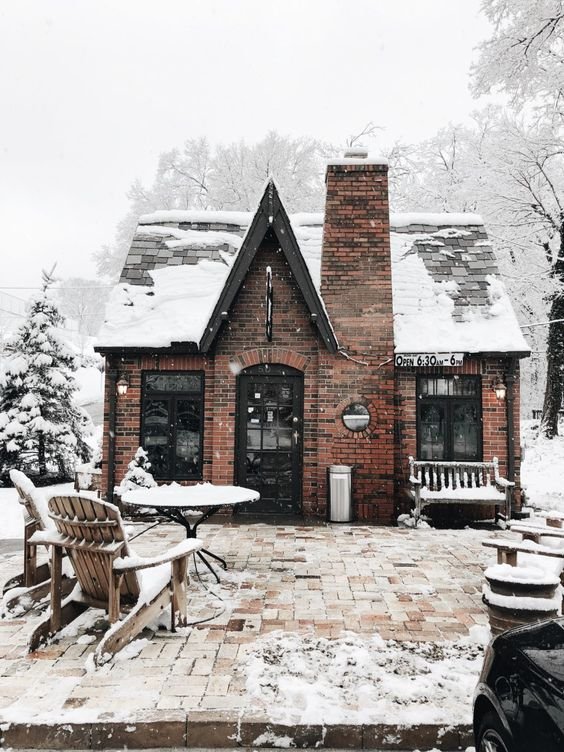Prepping The Home For Winter
As the colder weather begins to hit, it’s kind of the last chance to prepare your home for the colder winter weather that’s coming our way for the next few months. And if the current weather is any indicator, there’s going to be plenty of winter coming our way - especially considering that it’s in the colder winter months when the most damage is more likely to occur.
Below is a guide to some of the ins and outs of protecting your home for winter and ensuring it remains damage free.
Take roof “health” seriously
One of the most common issues that occurs in winter with properties is roofing damage. So, if unsure about the health of your roof, it might be worth taking the time to contact an expert in roofing, such as a roofer from hdroofingandrepairs.com who can come out and assess your roof and let you know if it’s at risk of damage, which could cause further issues inside your home, such as leaks and issues with damp and mould.
Check your gutters
It’s also important for the gutters to not be blocked and overflowing with debris. Gutters allow rain to run off of your property, instead of creating standing water, but if they become blocked water ends up sitting on your roof, which can then cause further problems, especially if that water then freezes during a cold spell.
Prevent your pipes from freezing
Another important winter home step to take is to make sure that you have done everything that you can to prevent your pipes from freezing. After all, the last thing that you want over winter is a pipe to burst due to freezing conditions, so it pays to prevent your pipes from freezing by making sure that they’re properly insulated and you know how to care for them. If unsure, checking in with a plumber can help.
Be storm ready
Getting the home storm ready is important, because that way you won’t end up being caught out when a surprise storm hits. The most storm damage usually comes from flying debris and flailing tree and bush branches, so it’s a good idea to cut back any overgrown trees or bushes - especially ones close to windows - and keep the ground as clear of debris as possible. That way, you limit the risk of your home being damaged by flying debris, should strong winds occur.




Hone the art of conducting successful hair consultations with our top salon tips. Forge stronger relationships and achieve stunning results together.